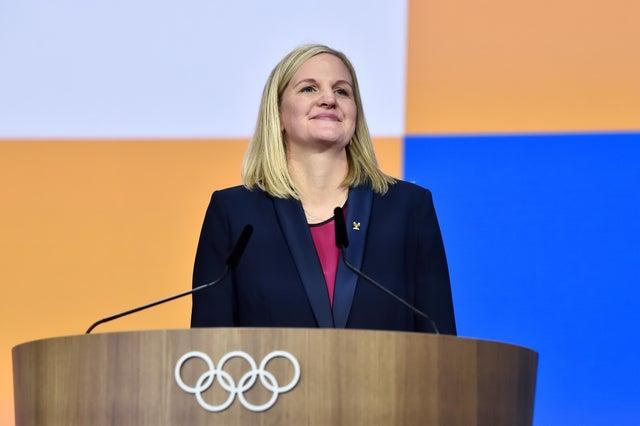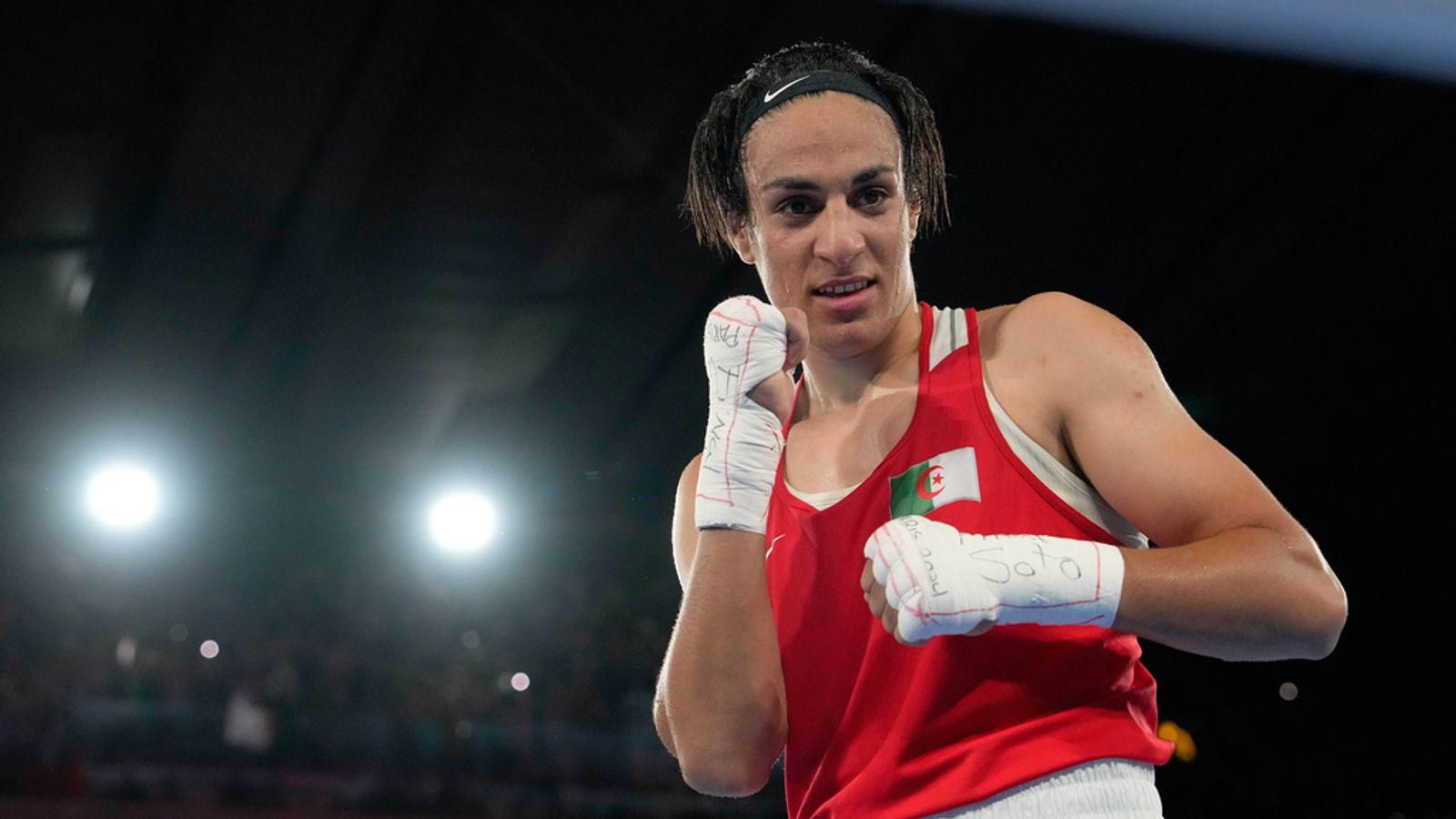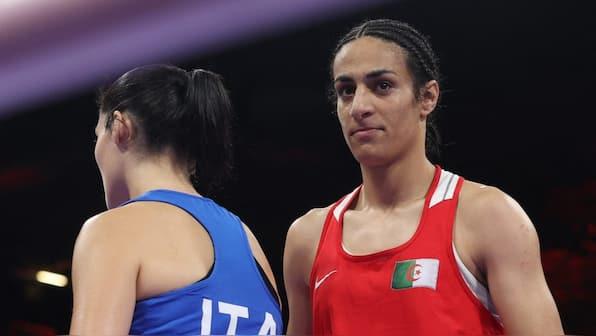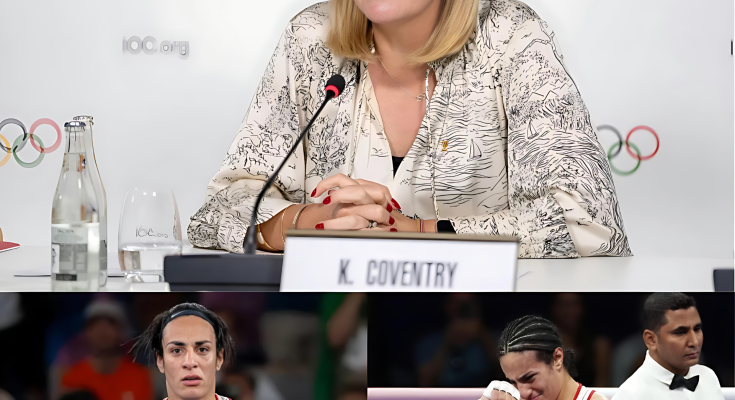In a shocking and bold move, Kirsty Coventry, the President of the International Olympic Committee (IOC), has made an explosive announcement that has sent shockwaves through the world of sports. Coventry declared that Olympic boxing champion Imane Khelif has failed the gender test, revealing that she has male chromosomes. As a result, Khelif will be banned from future Olympic competitions, and her titles will be stripped away.
This revelation comes amidst growing concerns over the inclusion of transgender athletes in women’s sports and the integrity of gender-based competition. Coventry’s statement has sparked an intense debate over fairness, equality, and the eligibility of athletes competing in categories designated for women. Her announcement, which has been described as a bold stance for gender equality, asserts that male athletes who fail to meet the criteria for competing in women’s events should be removed from the competition.
The decision to ban Khelif is based on the failure to pass a gender verification test, a process that has been at the center of controversy in sports for years. The test aims to ensure that athletes competing in women’s events are biologically female. However, Khelif’s case has ignited even more public discussion about the future of gender verification and the inclusion of transgender athletes in women’s categories.
Kirsty Coventry, a former Olympic swimmer and advocate for gender equality in sports, has been vocal about the importance of maintaining fairness in competition. “I will fight for gender equality and fairness for women in sports,” Coventry stated. “We cannot allow male athletes to compete in women’s events and take opportunities away from biological women who have worked hard to get there.”
The IOC President’s words have sparked strong reactions across the sporting world. Supporters of Coventry’s stance argue that the inclusion of male athletes in women’s sports undermines the hard-fought victories of female athletes and creates an unfair advantage. “This is a step towards restoring fairness,” said one commentator. “Male athletes should not be allowed to compete against women simply because they identify as female.”
However, opponents of the decision argue that it is discriminatory and goes against the values of inclusion and equality. Critics suggest that gender verification processes like the one used in Khelif’s case are outdated and harm transgender athletes who should be allowed to compete based on their gender identity.
Imane Khelif, who has not yet responded publicly to the decision, now faces an uncertain future in the world of sports. While the ban and revocation of her titles may be seen as a victory for gender fairness in sports, it raises important questions about how to balance the rights of transgender athletes with the need to preserve the integrity of women’s sports.
As the situation develops, it is clear that this controversy will continue to dominate discussions in the world of athletics, and the IOC’s decision could have lasting implications for the future of women’s competitions. The debate surrounding transgender athletes in women’s sports is far from over, and Kirsty Coventry’s stance has undoubtedly made it one of the most hotly contested issues in modern athletics.
